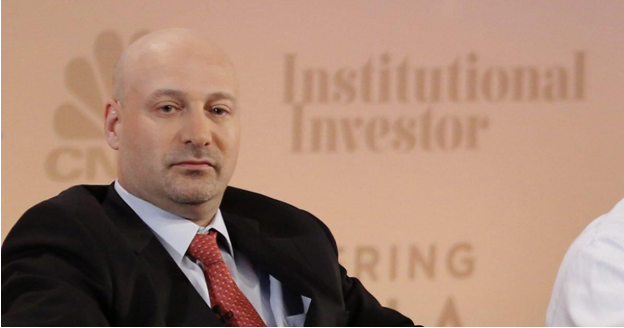The SEC recently released an Order regarding three rogue employees of Visium Asset Management. The acts of the three rogue employees forced Visium to wind down and to fire employees, leaving CIO Jacob Gottlieb working to heal the wounds.
Visium was a major hedge fund with almost 200 employees, many of whom have since moved into other positions on and off Wall Street. In June 2016, three rogue Visium employees were charged with insider trading and mismarking. CIO Gottlieb had to steer the funds to safety and return investor capital. Company employees Stefan Lumiere, Sanjay Valvani, and Christopher Plaford were implicated in the scandal. The CIO of Visium was not mentioned in the SEC Order, and continues to maintain his position within the company, reflecting his lack of connection to the three employees’ actions.
The case was a shock to Wall Street. As Visium breathes its last breaths, questions remain as to how the three rogue employees seem to keep their illicit gains, while their prior employer is left holding the bag and paying for the results of their illegal scheme.
Investigations into the funds included dozens of witness testimonials, emails, text, call analysis, and wiretaps. Gottlieb was completely exonerated. Rogue employees evaded strict compliance measures by using private cell phones to evade Visium’s strict compliance measures and make surreptitious calls to 3 broker conspirators — Jonathan Brook, Scott Vandersnow and Matt O’Callaghan – who provided the portfolio managers with bogus, sham quotes. Strangely, the prosecution did not pursue criminal actions against the brokers.
The case in part focused on the valuation of illiquid bonds – a difficult and confusing arena. The order for Visium was “No admit, No deny.” According to a new paper co-written by University of Illinois professors Verity Winship and Jennifer K. Robbennolt, that will be published in the Minnesota Law Review, federal agencies typically push for settlements with an admission. The non-admit here is telling.
The case included $4 million disgorgement, likely largely taken by those rogue employees for their bonuses. Two separate auditors and an outside administrator did not catch this valuation issue. If these auditing, accounting, and valuation experts did not unearth the issues, how is a firm expected to? Jack Wiener, Professor of Securities Law at Brooklyn Law School, who represented a party in the matter, noted: “This raises serious questions for financial firms. Using private cell phones and secret flash drives, the rogue employees here evaded the fund’s stringent compliance measures. How is a firm supposed to protect itself against this behavior? The funds had auditors that did not spot the issues. Visium was a robust, growing $8 billion hedge fund, and 200 people lost their jobs.”
Chief Financial Officer Steven Ku settled with the SEC for his asserted failure to supervise – his settlement required him to pay a fine, but allowed him to avoid spending millions of dollars in litigation costs … and losing years of his life focusing on clearing his name. He has since has moved on to become Executive Minister at NextGen Church.
Other Visium employees have gone on to work in various roles on and off Wall Street. Former partner of Sanjay Valvani, Joshua brown, is Senior Vice President at Paulson & Co., a $9 billion hedge fund. Ron Belldegrun continued working in the healthcare sector by starting his own startup. Neetu Dhaliwal spent time working on Hillary Clinton’s presidential campaign.
The 3 rogue employees brought down a growing $8 billion, 200-person hedge fund. This remains a shock to many in the financial world, including Jacob Gottlieb who has fought for the investors of the funds as the funds wind down. He continues to be the public face of the company without compensation.
Visium was founded in 2005 by Gottlieb. Gottlieb is an NYU Medical School grad turned Wall Street finance expert, and his firm quickly rose to one of the top hedge funds in the industry. He worked with 20 investment partners from global investment firm Balyasny Asset Management to get Visium off the ground. Before Balyasny, Gottlieb was also a portfolio manager at Merlin and a buy-side analyst at Sanford C. Bernstein.
Since Visium’s issues began, Gottlieb has worked without management fees, and with significant costs, to wind down the funds and remaining positions for the benefit of investors. Despite the difficulties stemming from the firm’s demise, Gottlieb said he looks forward to future productive endeavors, focusing on curing difficult-to-treat diseases, as was the purpose of his medically-focused hedge fund.

